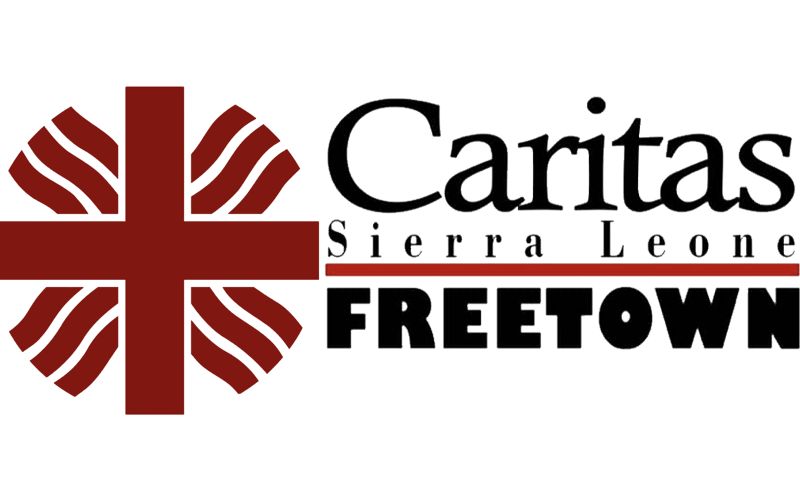Freetown, 30 December, 2020 / 2:00 pm (ACI Africa).
To the rest of the world, the 2014-2016 Ebola epidemic in West Africa evokes vivid memories of one of the worst viral infections ever recorded in history that left thousands in several west African countries dead. But for people living in these countries, it is the aftermath of the epidemic that has been the worst to deal with.
According to the leadership of a Church-based organization working with Ebola survivors in Sierra Leone where the disease was most widespread, there is no single day that passes by without a reminder of the devastation that was caused by the deadly disease.
“The world may have moved on after West Africa was declared free from Ebola but for people living here, the pain and devastation that was caused by the disease has become part of the daily experiences,” Fr. Peter Konteh, the Executive Director Caritas Freetown in Sierra Leone told ACI Africa in an interview.
He added, referring to the aftermath of the Ebola crisis particularly in Sierra Leone, “Here, Ebola survivors were left with lifelong health complications. The women have suffered early menopause while men suffer from erectile dysfunction and severe headaches. Most of these aftereffects are highly stigmatizing for the survivors.”
When health agencies declared that Guinea, Liberia, Sierra Leone, Mali, Nigeria and Senegal were finally free of Ebola in 2016, there were 28,652 suspected, probable and confirmed cases and 11,325 related deaths in all the six West African countries.








